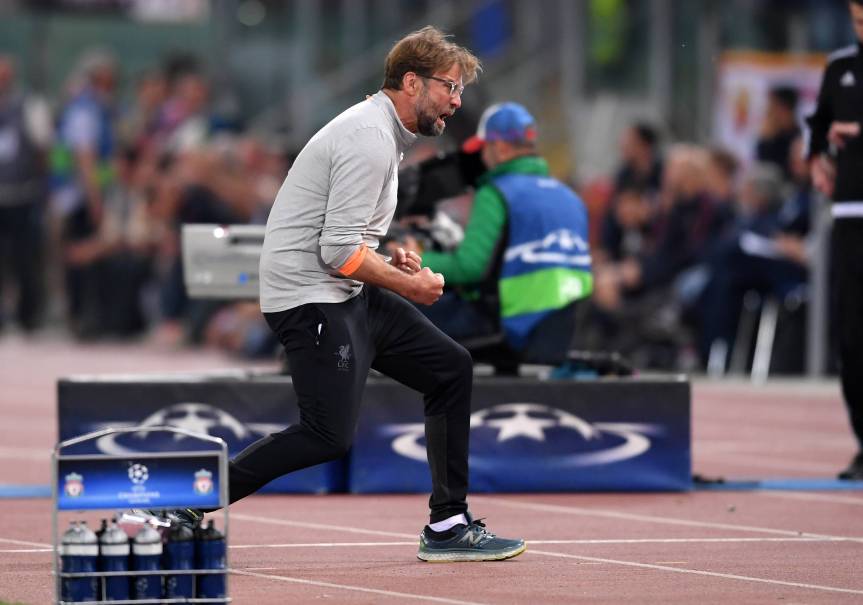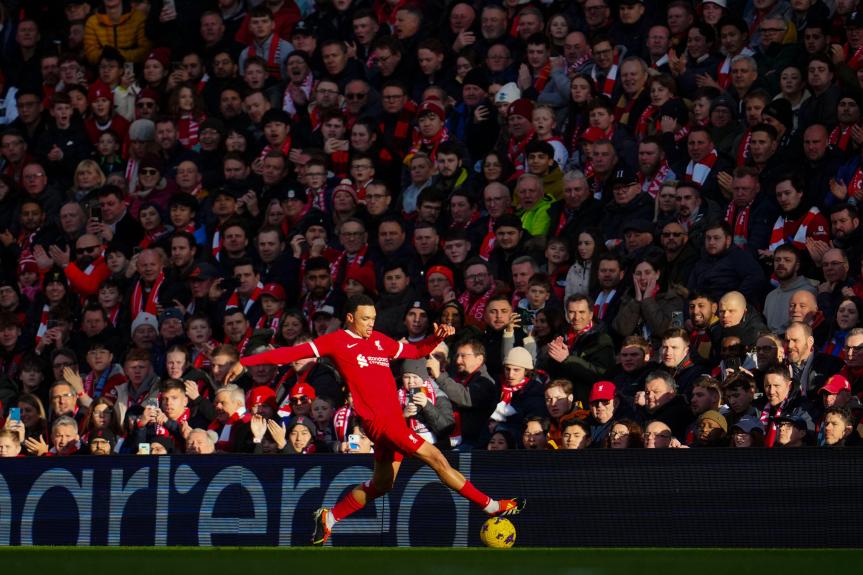NO MATTER what industry or company, when the chief announces he or she is leaving in several months’ time, there is a loss of power, impetus and focus. The boss will not be the boss in the near future, so human nature changes the dynamic. Those that were close to the boss are nervous because their sponsor is leaving. Those that didn’t like the boss are relieved, even excited. For everyone, the uncertainty that comes with a change of management can be destructive.
From football’s perspective, revealing a coach is leaving at the end of the current season several months before it is due to happen is a rather foolish strategy. Firstly, if a coach announces he or she is moving on, it implies the mind may be elsewhere. Few will ever say it, but once a decision has been made, it is hard for anyone to commit in quite the same way. Likewise, for the players, the signal that an era is ending, that the party is breaking up, can affect the morale of the unit. The thing that will keep playing on the squad’s mind will be about the future – who will come in and what will they demand? Liverpool’s players are probably asking themselves this every day.
Some members of the squad may decide it is time to go. Nobody stays forever, so a new coach, representing the start of a new phase, could be the ideal time to seek a fresh challenge. Jürgen Klopp is a huge character, one that has impacted not just the football team but the whole of Liverpool and indeed, English football. But the timing of his announcement was not especially beneficial for the club or the team, because it had the potential to destabilise. From that point, every moment, every game, to some extent, has had the accompanying mantra of “let’s do it for Jürgen”. That may have added some pressure on the team. Today, after a week in which Liverpool’s Premier League and Europa League hopes have been compromised by severely damaging home defeats, Klopp’s team looks jaded and they don’t have much time to get back on track.
Similarly, Emma Hayes announced she is moving to the US to become the USWNT coach. Again, this was months before the event takes place and came at a stage of the season when Chelsea, were battling on all fronts. Her all-conquering side are out of the Women’s FA Cup, they lost the League Cup final and they are second in the WSL. Furthermore, they have a very tough UEFA Champions League semi-final against Barcelona to look forward to. They may win the WSL again and they will doubtless give the European champions a game, but have Chelsea been knocked out of sync by Hayes’ early news?
On the other hand, some clubs make a habit of letting everyone know their coach is leaving at the end of the season when the campaign is still in full flow. For example, Bayern Munich have done just that with regards to Thomas Tuchel.
Both Liverpool and Chelsea would have done well to delay their news release on Klopp and Hayes, but there may be other reasons why they were eager to get the information out. Both need replacements for very successful managers, so letting the world know that there is a lucrative job on offer may deter would-be candidates from applying elsewhere. Secondly, you have to assume these are going to be sought-after positions and the selection process may be arduous in a summer that includes EURO 2024 and the Olympics. Lastly, it may have been a case of releasing the news before a leak got to the media.
Nobody outside of the clubs will ever know if the anticipated loss of Klopp and Hayes has in fact affected the form of their teams and it’s a fair assumption that no-one will be prepared to admit it has influenced the outcome of matches. Given that clubs employ communications professionals to manage the flow of information, surely the timing would have been discussed?


